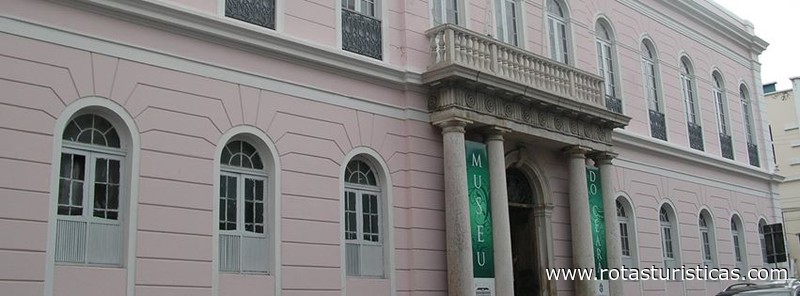Fortaleza, Ceará, Brazil
Suggest Place to Visit
4509
Track to location with GPS |
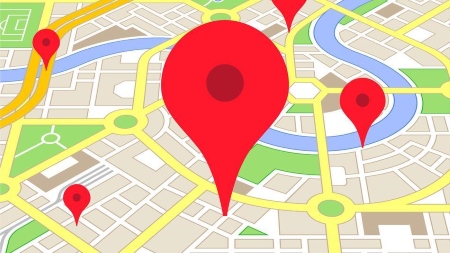 |
The Ceará Museum is a museum located in the city of Fortaleza that houses a collection of more than 13 thousand pieces distributed in three important collections that tell the history of Ceará: Paleontology, Archeology / Indigenous Anthropology and Furniture.
It also displays permanent thematic exhibitions, with themes of interest in the history of Ceará, such as the constituted powers, popular struggles and revolts, religiosity, intellectual production and irreverence from Ceará.
The current Museum of Ceará has its collections originated in the first museum in Ceará belonging to the physician Joaquim Antônio Alves who in 1873 organized a collection of objects and fragments of nature. This collection made up the Provincial Museum, which operated from 1875 to 1885 as one of the dependencies of the Gabinete Cearense de Leitura. From 1894 Francisco Dias da Rocha formed a collection for the Rocha Museum that operated until 1950.
The Historical Museum of Ceará was only created in 1932 by the then governor Roberto Carneiro de Mendonça. It was created jointly with the Public Archives of the State. In 1951, the Public Archive was transferred to the Senador Alencar Palace, with the museum remaining in the Praça da Sé building until 1957, which was transferred to the Instituto do Ceará. In 1955, new pieces were incorporated into the collection, the indigenous collections of the former Museu do Instituto and the Rocha Museum, the latter being renamed the Historical and Anthropological Museum of Ceará.
In 1967, the museum returned to the tutelage of the state linked to the Secretary of Culture of the State of Ceará (Secult). In 1973, the Senador Alencar Palace was declared a National Monument by IPHAN. In 1990, under Governor Tasso Jereissati, it was restored and became the headquarters of the current Museum of Ceará. It was reopened on March 25, 1998, when it celebrated the 144th anniversary of the abolition of slavery in Ceará. The majestic building was then adapted for the operation of the museum and since 1998 it has been hosting long and short term exhibitions. In 2001 the Sala Paulo Freire was created, which hosts lectures, courses and seminars. The following year, the Frei Tito Memorial was opened, a tribute to the religious who lived during the military regime established in the country in 1964. The Museu do Ceará also has a Technical Reserve, an Educational Center room, an administration room and a library. It also has a feather collection in its collection that was also listed by IPHAN.
The old Provincial Assembly of Ceará was transferred after the construction of the building during the years 1856 and 1871. According to the report of the president of the province, Dr. Joaquim Vilela de Castro Tavares, until then the Provincial Assembly occupied a building "that more similarly destined to the sessions of some village municipality ". In 1856, the president of the Municipal Council, Vicente Pires da Mota, ordered the building plan to be lifted and instructed the Mayor of the city, Antônio Rodrigues Ferreira, to acquire the houses called "Quarters of Agostinha", a busy selling point for some foodstuffs, for the installation of the future headquarters of the Provincial Assembly. The work began on October 25, 1856, under the responsibility of the contractor Joaquim da Fonseca Soares e Silva. The building would serve the Assembly and the Lyceum, however, on July 1, 1858, in a report from the President, the Assembly decided to allocate another site to the Lyceum, leaving the building for the Legislative's exclusive use.
Between the years 1857 and 1863, that work was paralyzed. Subsequently, the project and execution of the work were entrusted to the engineer Adolpho Herbster, who prepared the plans from the ready-made foundations of the first phase of the construction.
Its inauguration took place on July 4, 1871, in which distinguished politicians were present, such as Deputy Gonçalo Baptista Vieira - Barão de Aquiraz, and the President of the Province. The place was called Palacete Senador Alencar, after the famous politician of the Empire, father of the novelist José de Alencar. The building also housed the Faculty of Law, Public Library, Academia Cearense de Letras, Instituto do Ceará and the Regional Electoral Court.
The Neoclassical building that accommodates the Museu do Ceará is isolated from its surroundings, with no indentations and a rectangular plant with accesses on the four sides. The typology and nature of the adornments is similar between the first floor and the ground floor. The difference with regard to the frames is the presence of a worked railing closing the upper frames, like window sills; on the ground floor, the openings are closed only with mixed frames of wood and glass. The main access is well marked by the presence of Doric colonnades that support the balcony of the upper floor, the balcony closed by balustrade and the presence of triangular pediment where the Coat of Arms of the Republic can be seen. The wall covering has negative horizontal friezes that converge to the opening arches radially; the vertical marking of the facades is due to slightly drawn pillars, while the horizontal limits the two floors well and consists of a cornice in the center and another at the top on the plateau. Well maintained building. The building is protected by Tombo Federal: Process nº 863-T 72, Livro do Tombo Histórico, Inscription nº 440, Fls. 72; Tombo das Belas Artes Book, Inscription No. 502, date: February 28, 1973. It is considered the official landmark of the Brazilian neoclassical style.
Comments
We don´t have yet any comments about:
Museum of Ceará
Museum of Ceará
Be the first to leave a comment as it is very important to inform other people
Outros locais a visitar
Within a radius of 20 km from:Museum of Ceará
Centre culturel Banco do Nordeste |
| 0,1 Km |
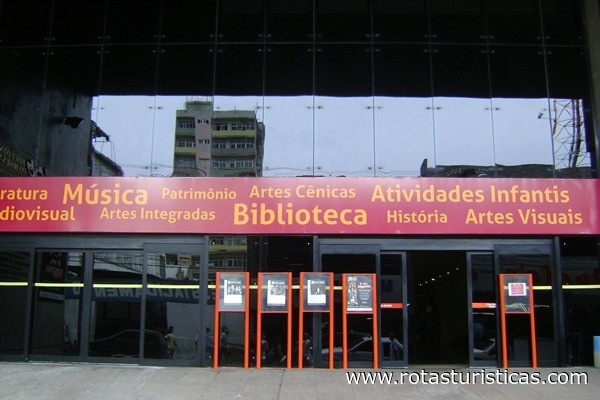 |
Cathédrale de Fortaleza (Ceará) |
| 0,3 Km |
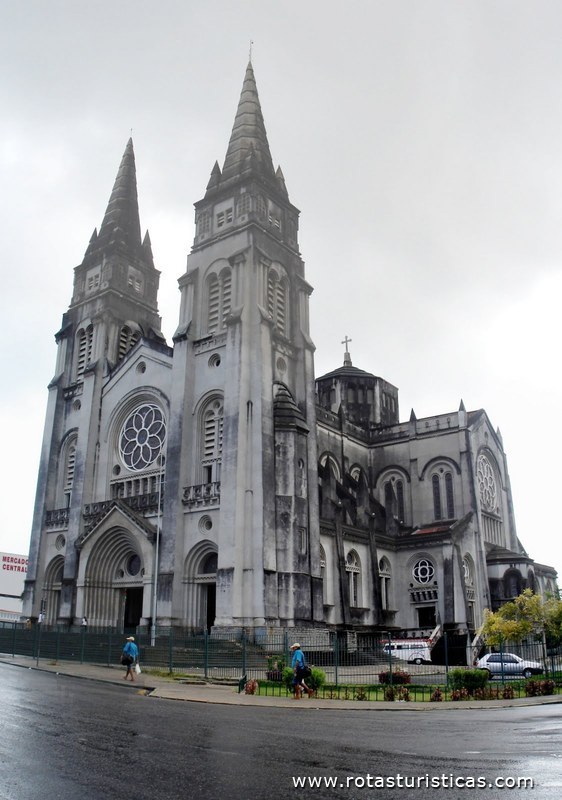 |
Marché artisanal (Fortaleza) |
| 0,5 Km |
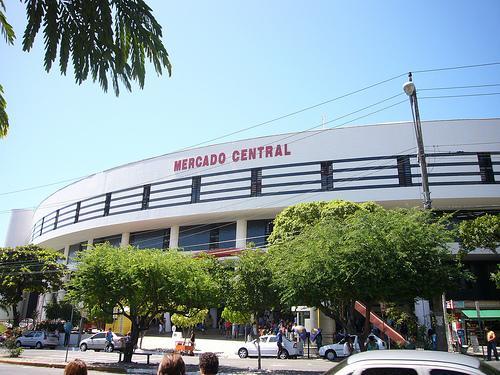 |
Théâtre José de Alencar (Fortaleza) |
| 0,6 Km |
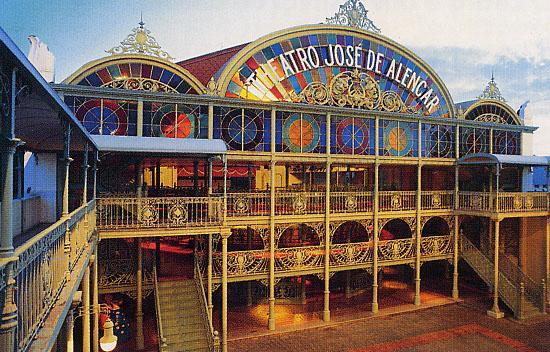 |
Centre culturel Dragão do Mar (Fortaleza) |
| 0,9 Km |
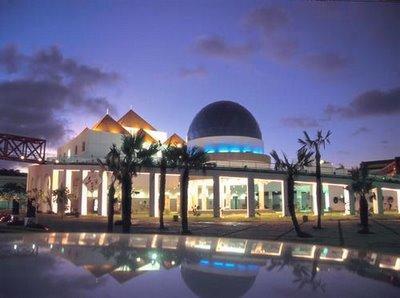 |
Plage d'Iracema (Fortaleza) |
| 1,4 Km |
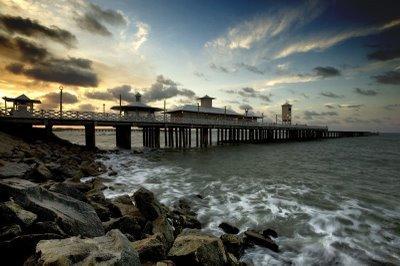 |
Musée de l'image et du son |
| 2,5 Km |
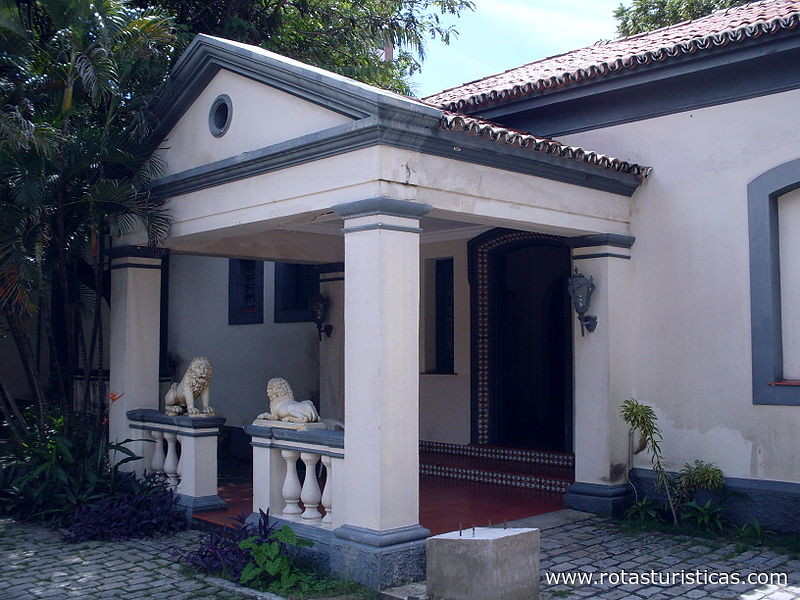 |
Parc Giga Play |
| 2,6 Km |
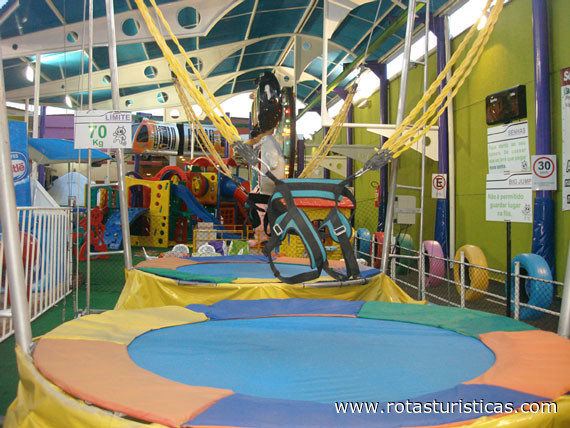 |
Ville de Fortaleza (Brésil) |
| 2,8 Km |
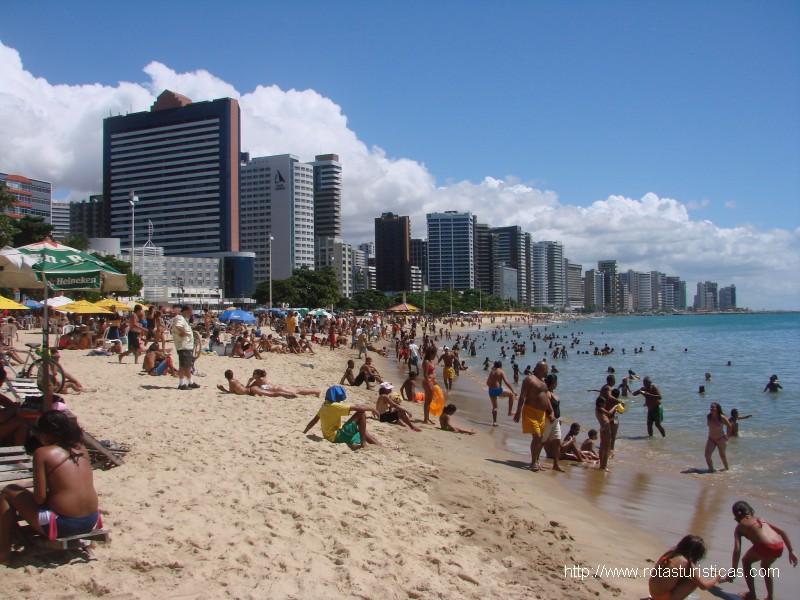 |
Musée de l'écriture |
| 3,2 Km |
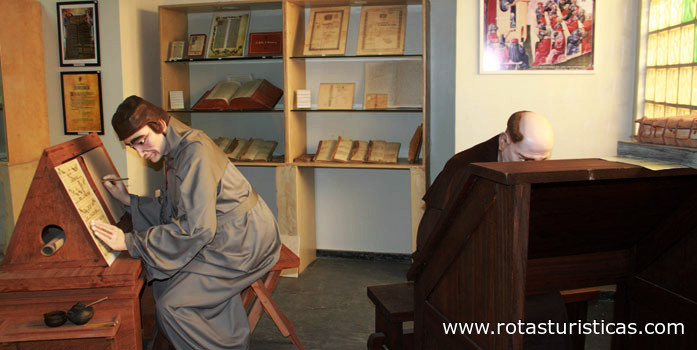 |
Plage de Meireles (Fortaleza) |
| 3,2 Km |
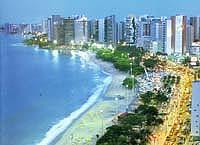 |
Plage de Mucuripe (Fortaleza) |
| 3,3 Km |
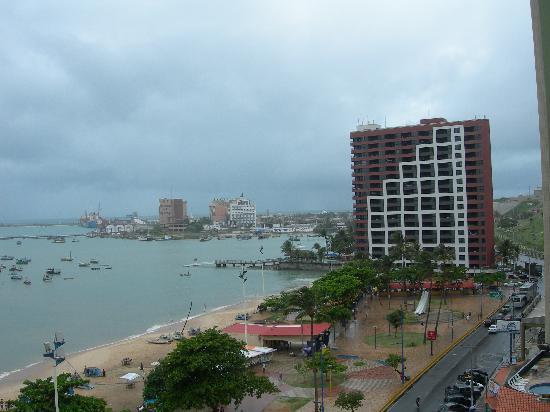 |
Foire artisanale sur la plage (Fortaleza) |
| 3,5 Km |
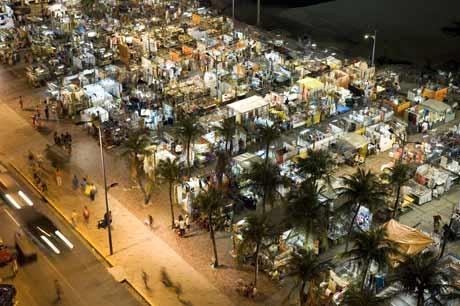 |
Parc écologique Coco |
| 5,1 Km |
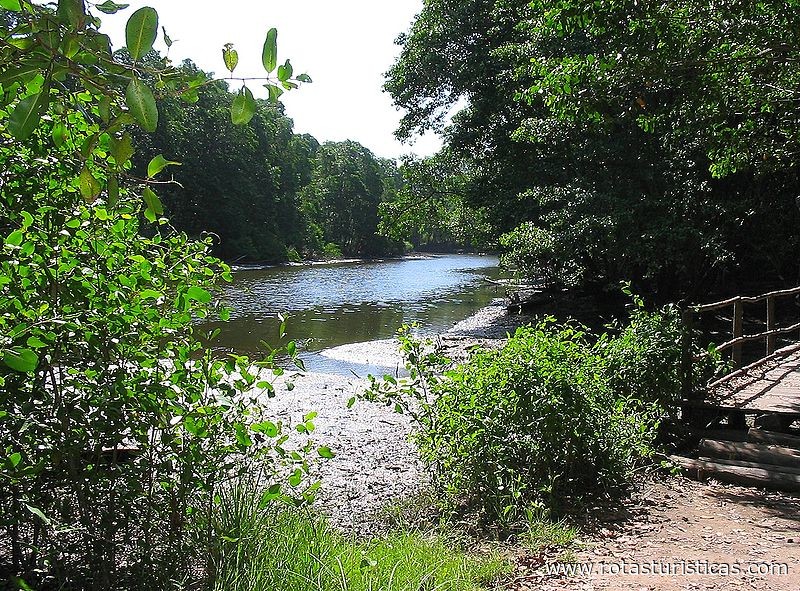 |
Veteran Car Club do Brasil - Musée de l'automobile |
| 7,0 Km |
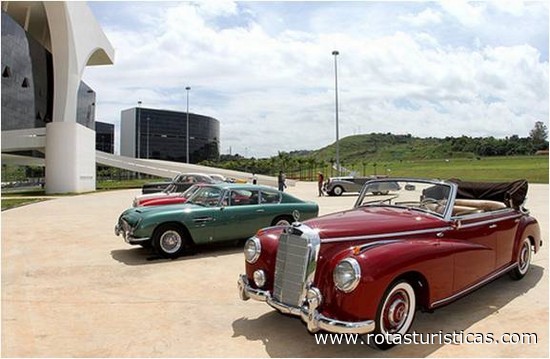 |
Crocobeach |
| 7,9 Km |
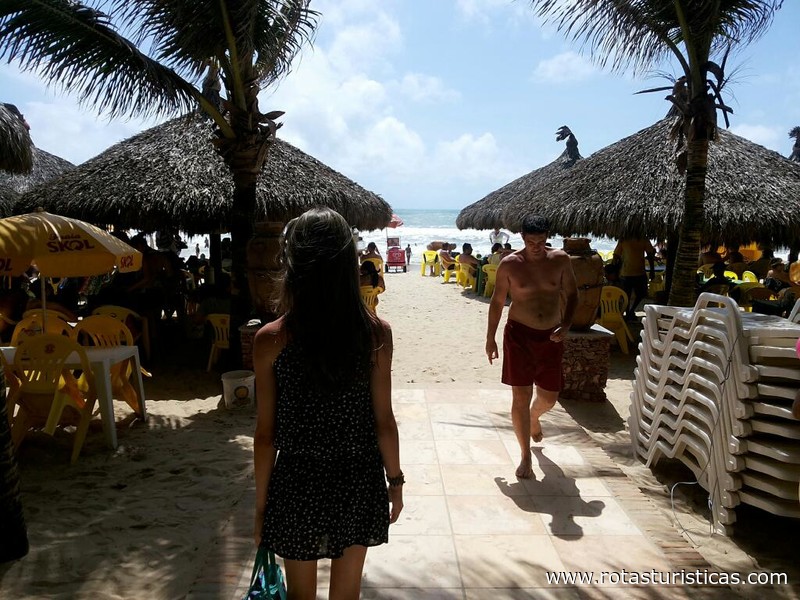 |
Plage Futuro (Fortaleza) |
| 8,5 Km |
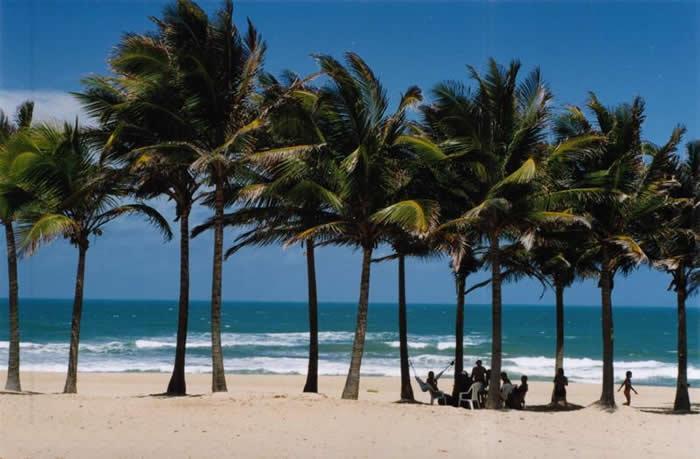 |
Maison José de Alencar |
| 10,9 Km |
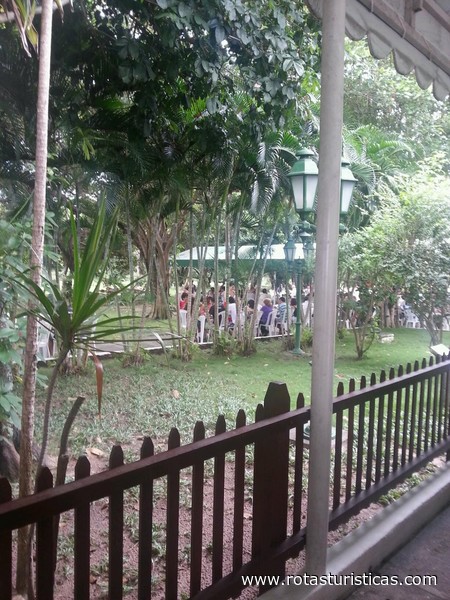 |
Hotel reservation near Museum of Ceará within a radius of 20 km
Why to book with ROUTES TOURISTIQUES
The best prices
Our partnerships with the world´s largest operators offer research on the best market prices.
More options
At Rotas Turisticos you can book the hotel, buy the air ticket, book the transfer from the airport to the hotel and vice versa, book the local excursions, rent the car, take travel insurance and consult the places to visit and where to go.
Holiday Tips & Destinations
Hundreds of holiday destinations with all the options that allow you to easily choose the destination that best suits your dream vacation.
ROUTES TOURISTIQUES
Links


